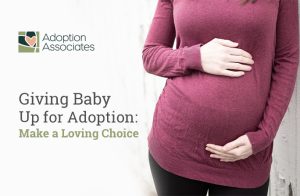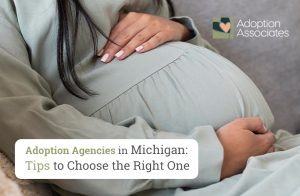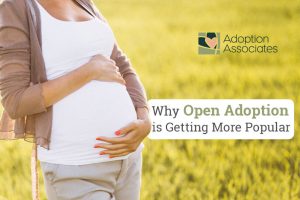Advocating for Adoption in Personal Genetics Testing
BY: KIT MITCHELL
In 2003, the completion of the Human Genome Project opened the way for a large-scale private sector investment in genetic technologies.1 As synthesizing genes became less costly, companies like 23andMe, Ancestry, and others, were able to market home testing kits to the general public. Anyone can spit into a tube, send it off to the company, and receive a personalized report in less than a month. Companies that perform genetic testing for a nominal fee outside of a medical facility are referred to as direct-to-consumer companies, or DTC companies. DTC companies offer the chance to find out ancestral roots, disease risks for a variety of conditions from serious to commonplace, and—perhaps most significantly in the world of adoption—the option to connect with extended family members.
As DTC testing has grown commercially and become more socially widespread, it is not surprising that adopted individuals and birth families have begun to use these services. In the last two years, social workers have reported seeing a dramatic increase in the number of adopted individuals and birth parents who report using DTC testing to find members of their birth family. While using DTC technologies instead of traditional search and reunion procedures is typically less expensive, more personally driven, and more in tune with younger adult adoptees’ strategies for independently seeking information, DTC genetic testing has significant implications for the adoption community. These implications can be sorted largely into two categories: understanding and contextualizing the information in a report, and search and reunion efforts. These categories disproportionately impact the adoption community. Therefore, it is imperative that both those who were adopted and their adoptive families, birth families, and agencies are informed about such issues and able to react appropriately.
There are clear benefits and concerns that result from adopted individuals accessing DTC genetic testing services. This article lays out the potential concerns regarding information about medical conditions or health risks; then it considers the concerns around using genetic testing for search and reunion, the potential implications of this at present and in the future, and what adoption advocates can consider doing to support those who were adopted in using genetic testing services.
Courtesy of National Council for Adoption, Adoption Advocate No. 112



